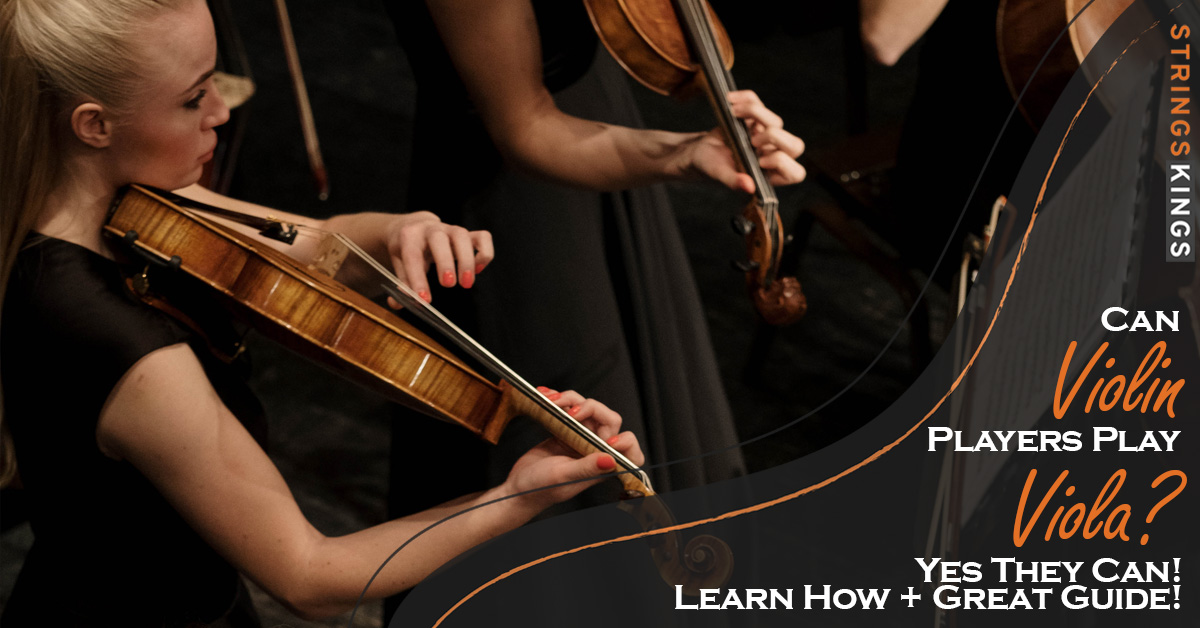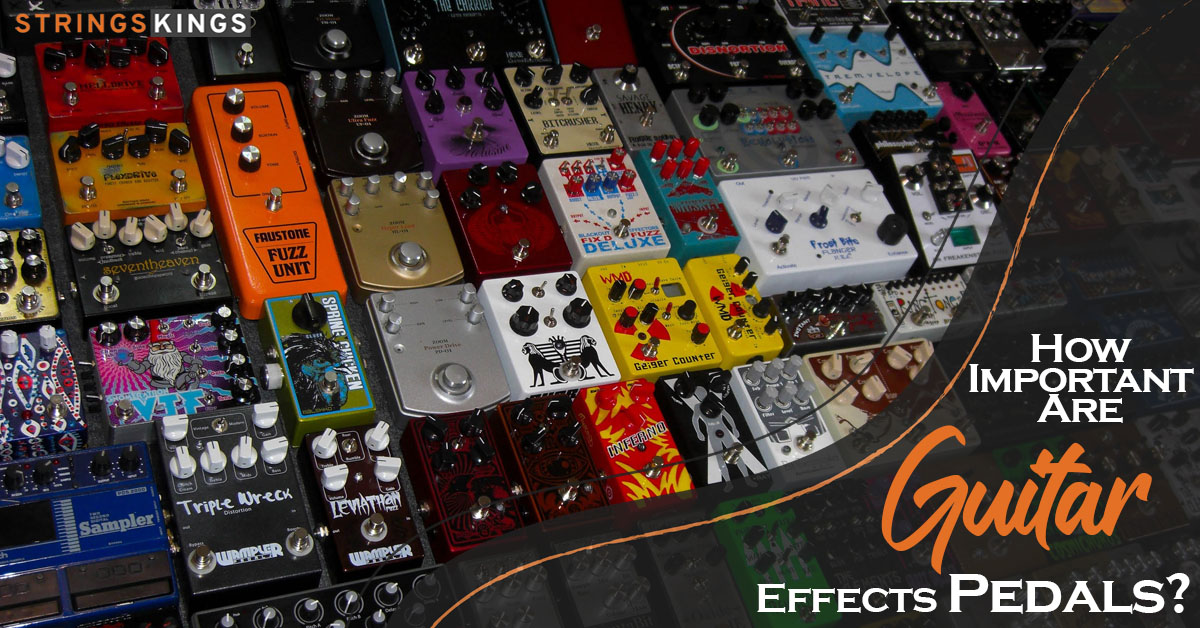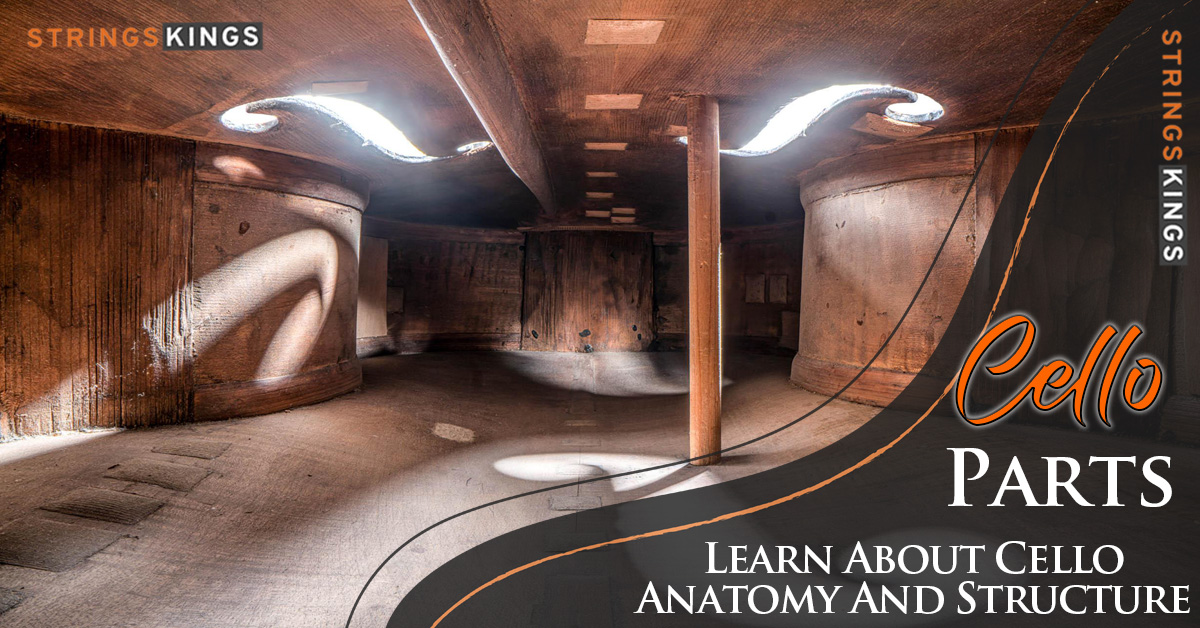Table of Contents
Best reasons why you should learn a musical instrument?
Reasons why you should learn a musical instrument, have been theorized and studied for years; what benefits do learning an instrument have on the brain? First of all, let us consider the brain as a muscle. It is the most important muscle in the body. Athletes train their muscles every day to strengthen them, so humans need to exercise in order to train their brains.
People do this in different ways. Some read challenging texts, others play cognitive brain games, and some even learn a new language. It doesn’t matter how it’s done, the brain needs to be fed so it can grow and develop. Playing a musical instrument not only sustains and feeds the brain, but it also makes you smarter and healthier.
1. There’s no better way to relieve stress than with music
There’s something about music that can make us happy or sad, or even amplify what we’re feeling right now.
According to studies, learning a musical instrument can help keep you calm, and lower blood pressure and heart rate, which lowers cortisol levels, making us feel calm. The benefits of listening to music are well documented, but playing an instrument brings comfort and daily repetition, which keeps stress at bay.

According to psychologist Michael Jolkovski, music helps people connect with others and reduce stress. He says (music) can help you unwind from life’s worries, but unlike other things that people use to get this down, like excessive eating, drinking, watching TV, or aimless web browsing, it makes you feel alive and connected.
Music, especially slow, quiet music, has a tremendously relaxing effect on our minds and bodies, according to psychologist Jane Collingwood. Physiologically, this type of music is effective at slowing down the pulse and heart rate, lowering blood pressure, and reducing stress hormones.
2. It’s good for your memory to play an instrument
The benefits of playing a musical instrument have been widely researched; not only does it improve your cognitive memory, but it also improves your muscle memory.
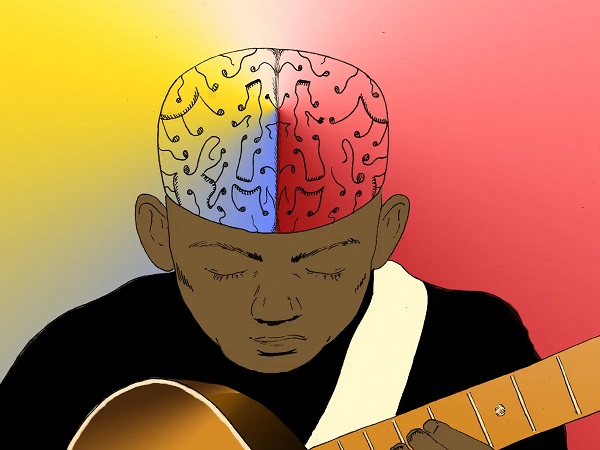
Music requires you to use both sides of your brain, so if you’re learning a musical instrument, your brain will work harder and your memory will improve. It’s backed up by Maestro Eduardo Marturet, who says, “…research has shown that participating in music at an early age can help kids learn and remember more by stimulating their brains to grow.” Music training has even been used for neuro-rehabilitation to help people with brain problems.
3. You’ll feel accomplished and more confident
Once you get comfortable with a new task, you start to feel more confident about completing it. The same applies to musical instruments. The more you learn about your musical instrument, the more confident you become in your skills as you progress in your training.
According to music teacher Elizabeth Dotson-Westphalen, “once students can learn a skill by themselves, they will get better and better.” Playing instruments in a public setting can improve students’ nerves in exams and assessments by helping them feel more confident when presenting their work in a non-academic setting.

Besides improving your confidence, learning a musical instrument gives you a sense of accomplishment. Playing a tricky song flawlessly is the most satisfying feeling ever, says pianist Emily Singers.
There is no greater feeling than finishing a difficult task and being able to perfect it. You can carry that feeling of accomplishment into other areas of your life and accomplish more!
4. It enhances your intelligence (You will become smarter)
Children who learn to play musical instruments do better in their academic studies than those who don’t. Research shows that those who have music training are generally smarter. It has a lot to do with how learning a musical instrument improves memory; as both sides of the brain are engaged, other skills are also developed.
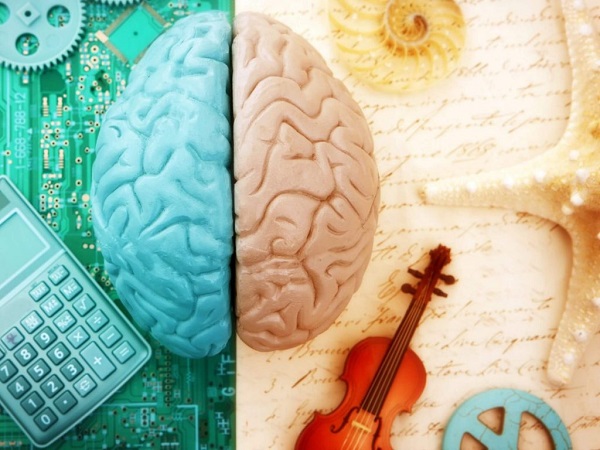
A research paper titled Music Training Improves Spatial-Temporal Reasoning in Preschoolers reports that “Music training enhances children’s abstract reasoning skills more than computer instruction, which is crucial for learning math and science.” Further studies have shown that musical training correlates with academic success in kids and adults. Even Einstein said, “Life would be incomprehensible to me without music… I view my life in terms of music…music gives me the most joy.”
5. Having fun is one of the best things about learning to play an instrument
Despite the fact that the art of music is so deep and profound, it should be approached with a bit of intensity and affectionate joy. You should learn a musical instrument because it’s so incredibly fun to do. Despite all the scientific reasons why music training is so effective.

Most people fill their lives with hobbies that make them happy, and that gets them out of their monotonous routine. While TV and social media are passive, music engages and stimulates our brains, keeping us happy and occupying our time. The power of music is to lift the spirits and make life enjoyable for everyone involved by bringing joy, peace, and fulfillment.
6. There will be a positive impact on your social life
The benefits of playing an instrument are not only beneficial for your brain, but they are also great for expanding your social circle as well. (Sorry, pianists and organists). Getting involved in a musical group at any age is an excellent way to meet new people and develop relationships with them. Furthermore, it will also enable you to develop your skills in leadership and team-building, as well as show you the rewards of working in a team.
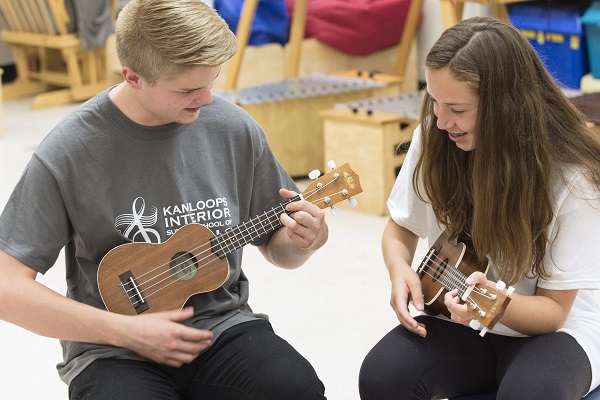
7. The practice of a musical instrument improves the patience
Franz Liszt wrote some insanely difficult music. That’s an incredibly valuable lesson to learn: the more effort you put into something, the better the result.
It may take a year before you see big improvements in abilities and confidence, says Dawsons Music. Then you’ll look back and be glad you made it through those rough months. You’ll always look back at those first few months as a badge of honor. You can’t shortcut learning an instrument.”

8. Gets you familiar with new cultures and history
Every piece of music reflects its time and culture. History’s events and lifestyles are reflected in an era’s music. Music gives a child a glimpse into the past (classical, contemporary, rock, jazz, blues, folk, medieval, etc.).

It’s important to know when the piece was written and what the circumstances were. You should encourage your kids to tell a story while they play. Children sometimes get curious about the era/culture portrayed in the piece so they research it.
Last Words
There are plenty of benefits for children and adults when they learn and play musical instruments. Don’t hesitate to start learning an instrument now!

